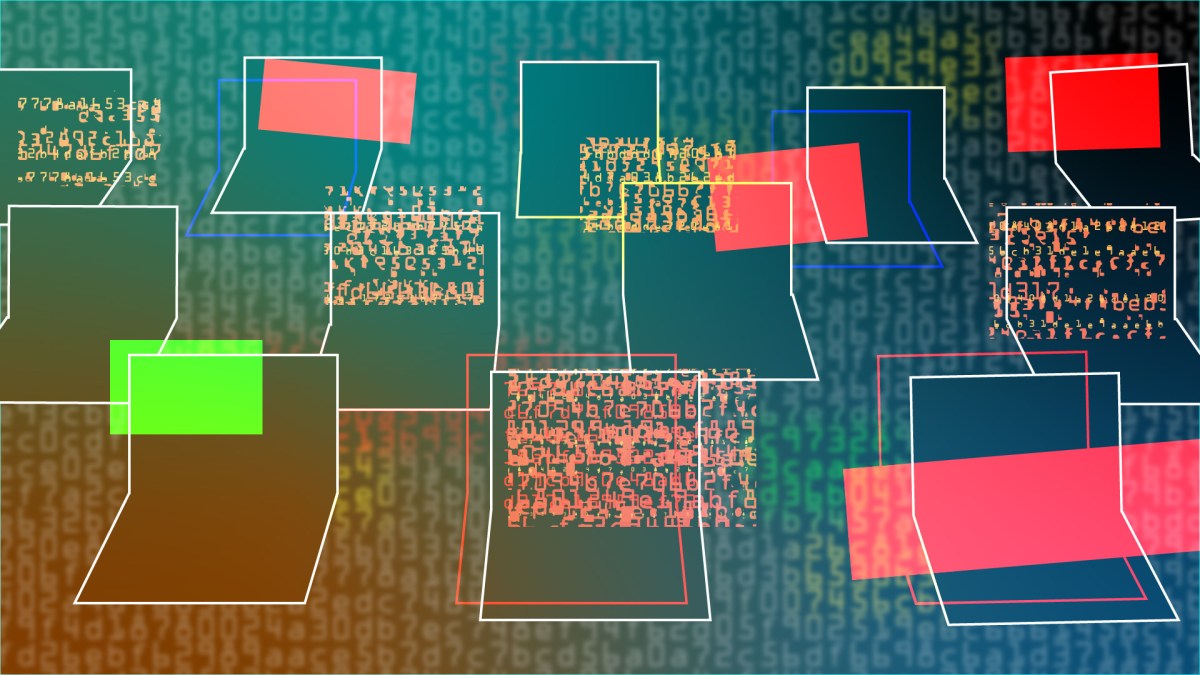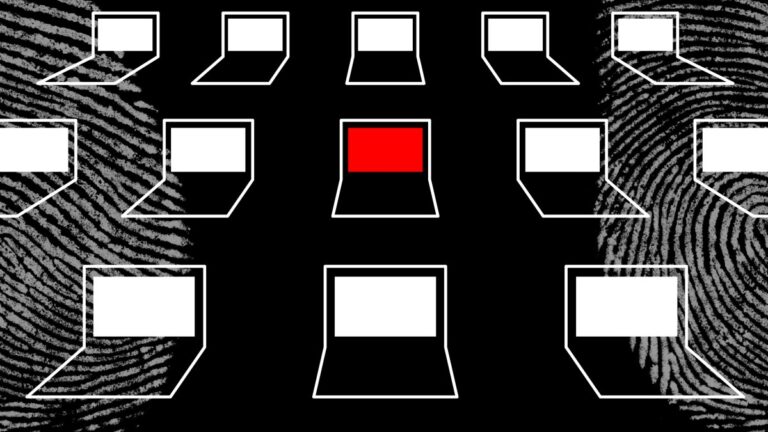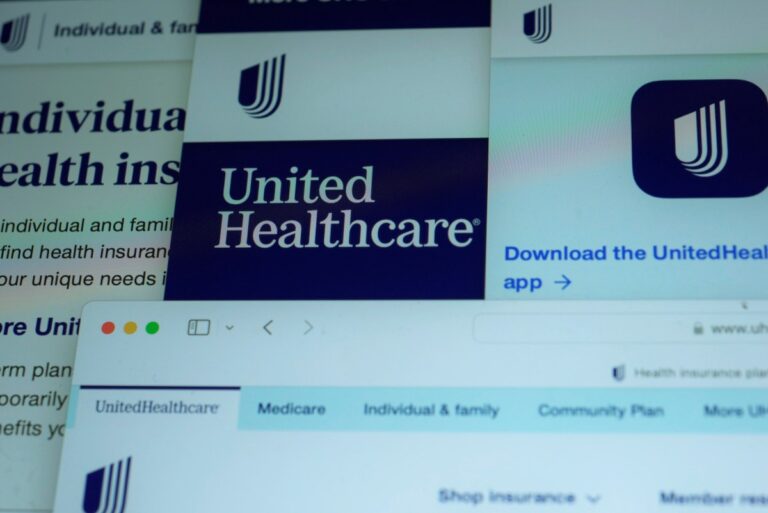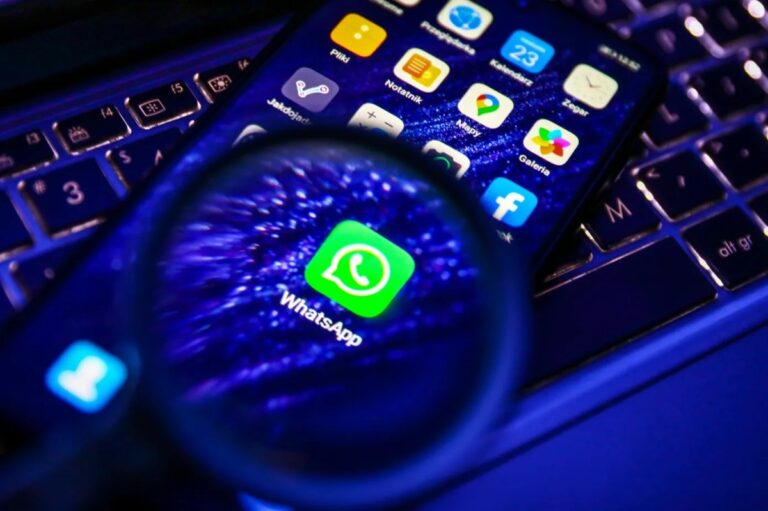
Similar Posts

SonicWall Alerts: New Zero-Day Vulnerability Exploited by Hackers to Compromise Customer Networks
A critical vulnerability in SonicWall’s SMA1000 remote access appliance poses a serious threat to businesses relying on remote access solutions. Identified as CVE-2025-23006, this zero-day flaw allows hackers to deploy malware without login credentials, leading to confirmed breaches. Discovered by Microsoft and actively exploited, the vulnerability highlights the urgency for organizations to apply SonicWall’s security hotfix. Thousands of unpatched SMA1000 appliances are exposed online, increasing risks for companies. Cybercriminals are increasingly targeting corporate security products, making prompt security updates essential. The U.S. Cybersecurity and Infrastructure Security Agency emphasizes the need for vigilance against evolving threats.

Massive Change Healthcare Data Breach: 190 Million Americans Impacted, Confirms UnitedHealth
UnitedHealth has confirmed a major ransomware attack on its Change Healthcare unit, impacting approximately 190 million individuals, nearly double previous estimates. This incident is one of the largest medical data breaches in U.S. history. While UnitedHealth reported no misuse of personal information and that electronic medical records remain secure, the attack caused widespread disruptions in the healthcare system. The breach involved the theft of sensitive data, including names, addresses, Social Security numbers, and health information. Attributed to the ALPHV ransomware gang, the attack exploited a stolen credential lacking multi-factor authentication. Change Healthcare will file a report with the Department of Health and Human Services.

Apple and Google Collaborate to Remove Dangerous Mobile Apps from Their App Stores
Apple and Google have removed 20 malicious apps from their stores after the discovery of the SparkCat malware, which has been operational since March 2024. Initially found in a food delivery app in the UAE and Indonesia, it spread to 19 other apps, collectively downloaded over 242,000 times. SparkCat uses optical character recognition (OCR) to capture text, targeting cryptocurrency recovery phrases and extracting personal information. Both companies acted swiftly, banning developers and removing the apps. Users are advised to update devices regularly, avoid unofficial sources, and utilize security features like Google Play Protect to mitigate risks.

Revealed: Court Documents Expose Locations of WhatsApp Victims Targeted by NSO Spyware
The NSO Group faces scrutiny for its spyware, Pegasus, which compromised 1,223 WhatsApp accounts in 2019 across 51 countries, including 456 in Mexico and 100 in India. A recent court document related to Meta-owned WhatsApp’s lawsuit against NSO revealed the extensive targeting of human rights activists and journalists. The hacking campaign occurred in just two months, raising concerns over the spyware’s reach, with many victims unaware of their targeting. WhatsApp won a legal victory against NSO for violating U.S. hacking laws, and further hearings will determine potential financial penalties. NSO Group reportedly severed ties with 10 clients due to misuse.

PowerSchool Pays Ransom to Hacker: Schools Now Face Ongoing Extortion Threat
PowerSchool, a prominent education software provider, is grappling with new extortion threats following a significant data breach that occurred in December 2024. Hackers accessed sensitive information, including personal and health data of students and teachers, impacting over 60 million users across North America. Recently, the Toronto District School Board received ransom demands linked to this breach, with additional reports from school districts in North Carolina. Despite paying a ransom to delete the stolen data, PowerSchool confirmed that extortion attempts are based on previously compromised information. This incident underscores the urgent need for improved cybersecurity in educational institutions.

